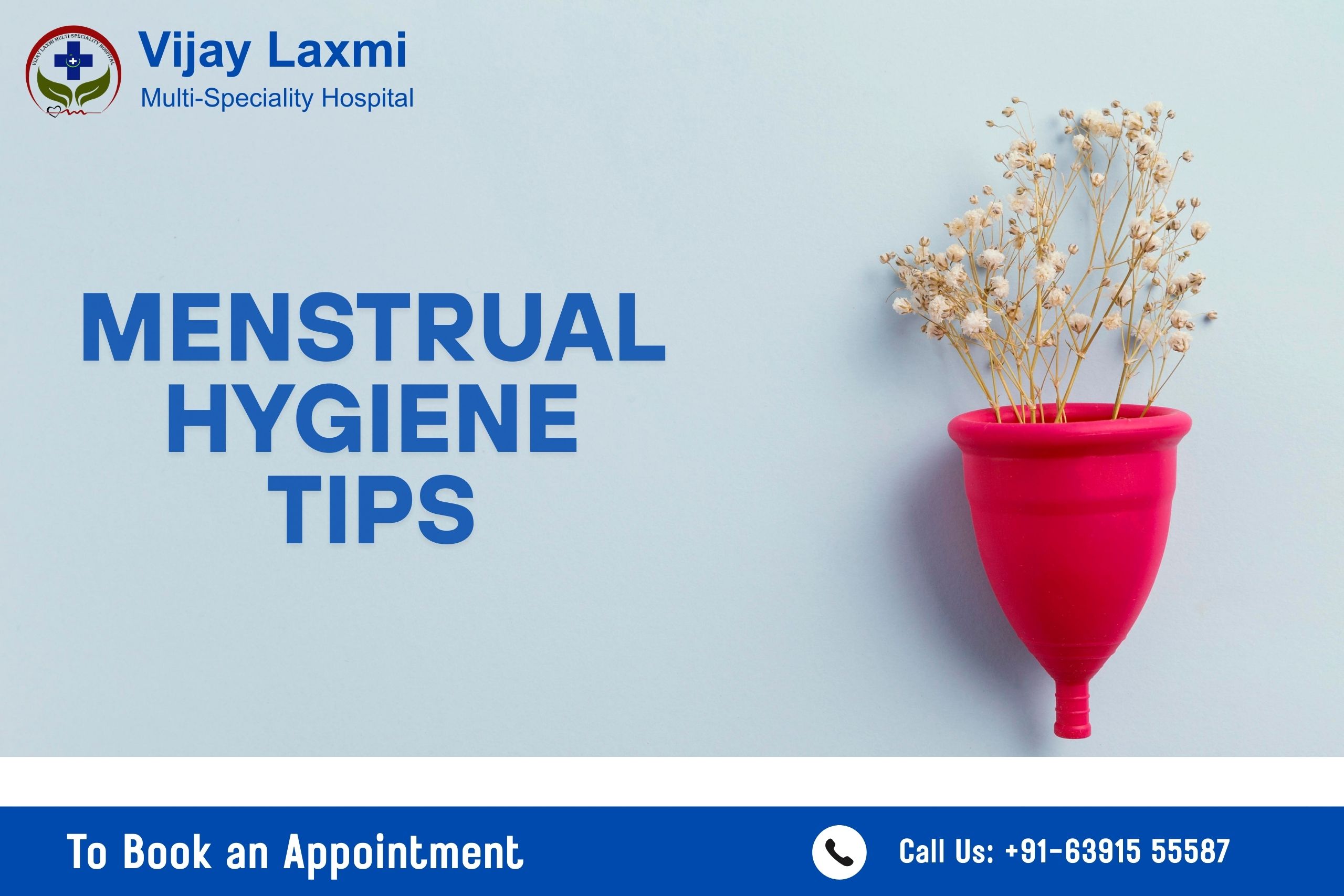
Hormonal Imbalance in Women and Treatment Options
Hormonal balance is crucial for a woman’s overall health, influencing metabolism, mood, reproductive health, and more. Ever feel like your body’s orchestra is playing out of tune? That’s often what hormonal imbalance feels like for women, impacting everything from your energy levels and mood swings to your monthly cycle and even your ability to conceive. It’s more than just “feeling off”; it’s a complex interplay of chemicals that, when disrupted, can trigger a cascade of symptoms like unexplained weight fluctuations, irregular periods, and persistent fatigue. Instead of just living with these challenges, imagine reclaiming your rhythm and feeling truly in sync. Understanding the subtle cues your body sends, pinpointing the root causes, and exploring personalized treatment paths is the first step towards restoring that vital balance and rediscovering your well-being.
If you’re seeking expert guidance to navigate these hormonal shifts, our gynecology department at Vijay Laxmi Multi-Speciality Hospital in Jaunpur provides compassionate and cutting-edge care, specializing in diagnosing and treating hormonal disorders, helping you harmonize your health and live your best life.
What is Hormonal Imbalance?
Hormonal imbalance occurs when there is too much or too little of a hormone in the bloodstream. Since hormones regulate many bodily functions, even a slight imbalance can cause significant health issues.
Common Causes of Hormonal Imbalance in Women:
Polycystic Ovary Syndrome (PCOS): A common hormonal disorder that affects ovulation and increases androgen levels.
Thyroid Disorders: Hypothyroidism and hyperthyroidism disrupt the production of key hormones affecting metabolism and energy levels.
Menopause & Perimenopause: Natural hormonal shifts that lead to reduced estrogen levels, causing various symptoms.
Stress & Lifestyle Factors: Chronic stress, poor diet, and lack of sleep contribute to hormonal fluctuations.
Excess Weight & Insulin Resistance: Excess weight and insulin resistance can lead to hormonal disruptions, increasing the risk of diabetes and PCOS.
Medications & Contraceptives: Birth control pills, hormone therapy, and certain medications can alter hormonal balance.
What Are the First Signs of Hormonal Imbalance?
1. Menstrual Irregularities
Irregular, missed, or heavy periods.
Spotting between cycles.
Painful cramps (dysmenorrhea).
2. Unexplained Weight Gain or Loss
Difficulty losing weight despite a healthy lifestyle.
Sudden weight loss, often due to hyperthyroidism.
3. Chronic Fatigue & Low Energy
Feeling tired despite adequate rest.
Weakness and difficulty concentrating.
4. Skin & Hair Issues
Acne and oily skin.
Excessive hair growth (hirsutism).
Hair thinning or hair loss.
5. Mood Swings & Anxiety
Depression and irritability.
Increased stress and anxiety.
6. Sleep Disorders
Insomnia or disturbed sleep patterns.
Night sweats and hot flashes (common during menopause).
7. Reduced Libido & Vaginal Dryness
Low sex drive due to hormonal fluctuations.
Pain during intercourse caused by dryness.
How is Hormonal Imbalance Identified?
Our hospital uses advanced diagnostic techniques to assess hormone levels:
Blood Tests – To check estrogen, progesterone, testosterone, thyroid, and insulin levels.
Ultrasound & Imaging – Detects PCOS, ovarian cysts, or uterine abnormalities.
Pelvic Exam – Identifies any physical changes linked to hormone imbalance.
Treatment Options for Hormonal Imbalance in Women:
1. Lifestyle & Dietary Changes
Increase fiber-rich foods (whole grains, vegetables) for better digestion.
Reduce processed sugars & unhealthy fats to prevent insulin resistance.
Practice regular exercise (yoga, walking) to boost metabolism.
Manage stress through meditation and deep breathing exercises.
2. Medications & Hormone Therapy
Birth Control Pills – Regulate menstrual cycles.
Thyroid Medications – Treats hypothyroidism and hyperthyroidism.
Insulin-Sensitizing Drugs – Helps manage PCOS-related insulin resistance.
Hormone Replacement Therapy (HRT) – For menopause-related symptoms.
3. Natural Remedies & Supplements
Vitamin D, Magnesium, and Omega-3 supplements support hormonal balance.
Herbal remedies like ashwagandha and maca root may help stabilize hormone levels.
4. Advanced Medical Interventions
Surgery: In cases of ovarian cysts, fibroids, or other structural issues affecting hormonal health.
Insulin Management: For women with insulin resistance, diabetes medications may be prescribed.
Data on Hormonal Disorders in India:
Menstrual Disorders and PCOS: A 2021 survey indicated a 15% increase in menstrual problems among Indian women, rising to 38.8% from 32.8% in 2020. Additionally, the prevalence of PCOS was reported at 31%, marking a 29% increase from the previous year.
Menstrual Disorders and Lifestyle Factors: Research involving 502 women in Uttar Pradesh found significant correlations between menstrual disorders and factors like Body Mass Index (BMI) and physical activity levels. The study concluded that both underweight and obese women, as well as those with low or high physical activity, were more likely to experience menstrual disorders.
PCOS Prevalence: Various regional studies have reported differing prevalence rates of PCOS among Indian women. For instance, a study in Andhra Pradesh found a prevalence of 9.3% among college girls aged 15 to 18 years, while research in Mumbai reported a 22.5% prevalence among adolescent girls.
Why Vijay Laxmi Multi-Speciality Hospital is the Best?
At Vijay Laxmi Multi-Speciality Hospital, we provide comprehensive and compassionate care for women facing hormonal imbalances. Our gynecology department is dedicated to restoring your well-being with specialized services and patient-centered approaches.
Our Key Services and Expertise:
Expert Gynecological Care:
Experienced Gynecologists: Our team comprises specialists with extensive expertise in diagnosing and treating a wide range of hormonal disorders.
Advanced Diagnostic Capabilities:
Accurate Testing: We utilize state-of-the-art diagnostic facilities to ensure precise and timely diagnosis, enabling effective treatment planning.
Personalized Treatment Strategies:
Tailored Plans: We develop individualized treatment plans that may include medication, lifestyle modifications, and surgical interventions when necessary, all tailored to your specific needs.
Comprehensive Women’s Health Services:
Specialized Care: We offer comprehensive services addressing various women’s health concerns, including:
Polycystic Ovary Syndrome (PCOS)
Menopause Management
Thyroid Disorder Care
Fertility Support
Accessible and Affordable Healthcare:
Financial Support: We are committed to providing affordable healthcare options, including insurance support and cashless treatment facilities.
Our Service Area:
We proudly serve patients from: Jaunpur, Varanasi, Azamgarh, Sultanpur and surrounding areas.
Book a Consultation Today: Call 📞 +91 063915 55587 or visit https://vijaylaxmi-multispecilaityhosp.in
FAQs:
Q1: Can stress cause hormonal imbalance?
Yes, chronic stress raises cortisol levels, which disrupts estrogen and progesterone balance, leading to irregular periods, weight gain, and mood swings.
Q2: What foods help balance hormones naturally?
Leafy greens, flaxseeds, whole grains, and lean proteins support hormone health. Avoid excess caffeine, sugar, and processed foods.
Q3: Is hormonal imbalance treatable?
Yes! With proper diagnosis, medications, lifestyle changes, and expert care, most women can restore hormonal balance.
Q4: How do I know if I have PCOS or just irregular periods?
If you experience missed periods, weight gain, acne, and excess facial hair, it’s best to consult a gynecologist for proper testing.
Q5: How long does it take to fix a hormonal imbalance?
It varies—mild imbalances improve in weeks with lifestyle changes, while conditions like PCOS or thyroid disorders may require long-term management.
Don’t let hormonal imbalances dictate your life. Recognizing symptoms early and seeking specialized care is crucial for regaining control of your health. If you’re experiencing unexplained changes in your cycle, mood, weight, or energy levels, it’s time to prioritize your well-being. For expert diagnosis and personalized hormonal imbalance treatment in Jaunpu or near Jaunpur, consult the highly skilled gynecologists at Vijay Laxmi Multi-Speciality Hospital.
Take the first step towards a healthier you—schedule your consultation today.











